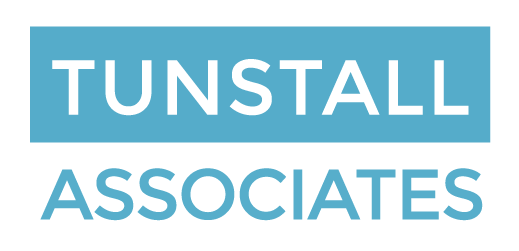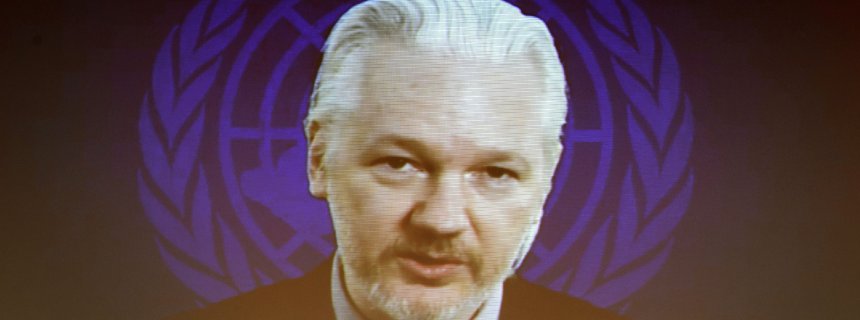WikiLeaks founder Julian Assange speaks via video link during an event on the sidelines of the United Nations Human Rights Council session in Geneva in July. Assange talks about the comeback of WikiLeaks whistleblowing platform and his desire to provide assistance to a parliamentary committee in Germany investigating mass NSA spying in this interview with Das Spiegal.
Some of his key points:
“WikiLeaks has been publishing a lot of material in the last few months. We have been publishing right through, but sometimes it has been material which does not concern the West and the Western media — documents about Syria, for example.”
“We have contracts now with more than a hundred media organizations all around the world. We have a unique perspective on the global media. We put together various consortiums of journalists and media organizations on different levels and try to maximize the impact of our sources. We now have six years of experience with Western European media, American media, Indian media, Arab media and seeing what they do with the same material. Their results are unbelievably different.”
—
“The way intelligence services launder intercepts is to extract the facts expressed during conversations; for example to say to their contacts in the media, “I think you should look into this connection between this politician and that person, what they did on that particular day.”
SPIEGEL: Have you got a documented example in which this sort of tactic has been used?
Assange: We haven’t published one yet about a German politician, but there are examples of prominent Muslims in different countries about whom it was leaked that they had been browsing porn. Blackmail or representational destruction from intercepts is part of the repertoire used.”
—
“If you ask “Does Google collect more information than the National Security Agency?,” the answer is “no,” because NSA also collects information from Google. The same applies to Facebook and other Silicon Valley-based companies. They still collect a lot of information and they are using a new economic model which academics call “surveillance capitalism.” General information about individuals is worth little, but when you group together a billion individuals, it becomes strategic like an oil or gas pipeline.
Until the 1980s, computers were big machines designed for the military or scientists, but then the personal computers were developed and companies had to start rebranding them as being machines that were helpful for individual human beings. Organizations like Google, whose business model is “voluntary” mass surveillance, appear to be giving it away for free. Free e-mail, free search, etc. Therefore it seems that they’re not a corporation, because corporations don’t do things for free. It falsely seems like they are part of civil society.
They are also exporting a specific mindset of culture. You can use the old term of “cultural imperialism” or call it the “Disneylandization” of the Internet. Maybe “digital colonization” is the best terminology.”



